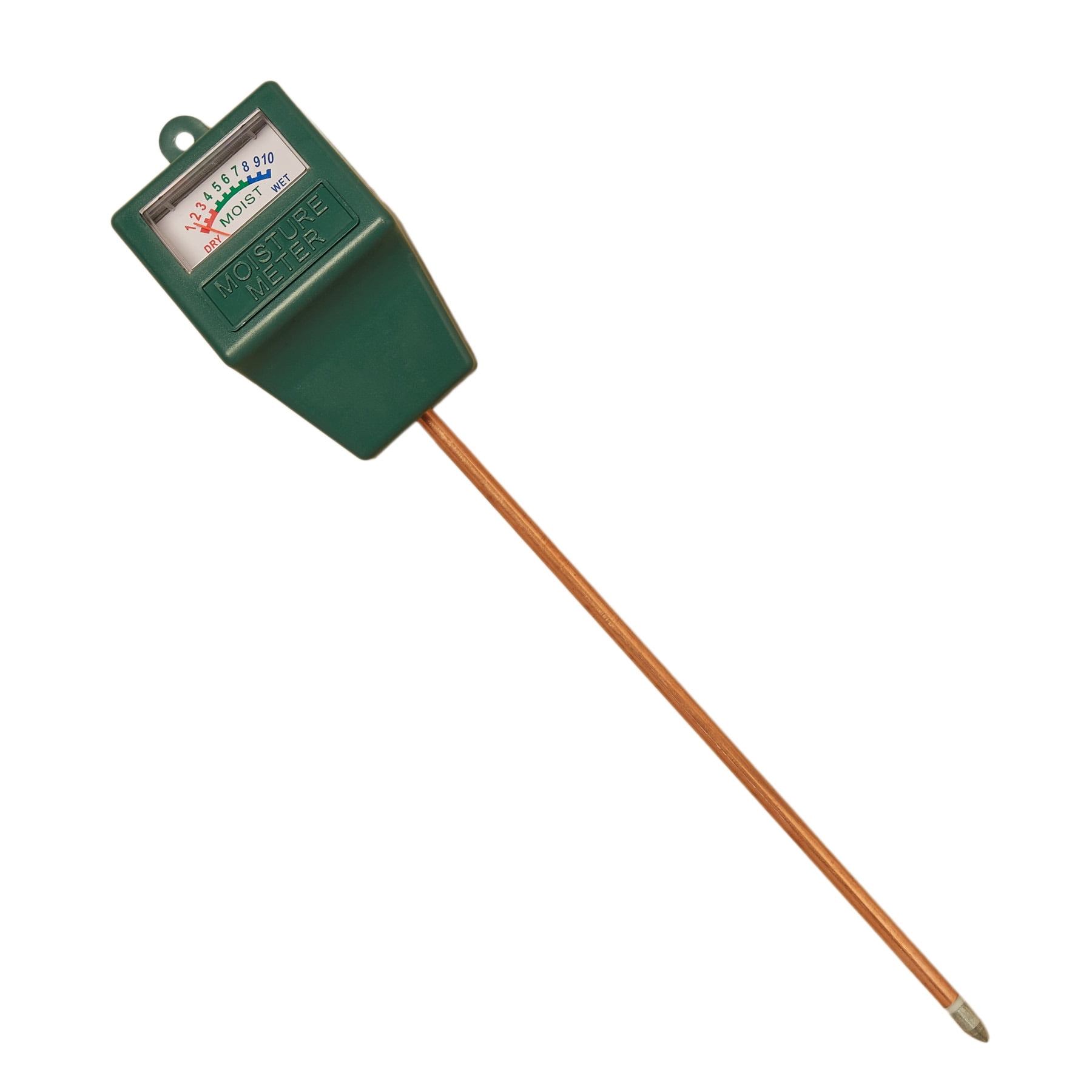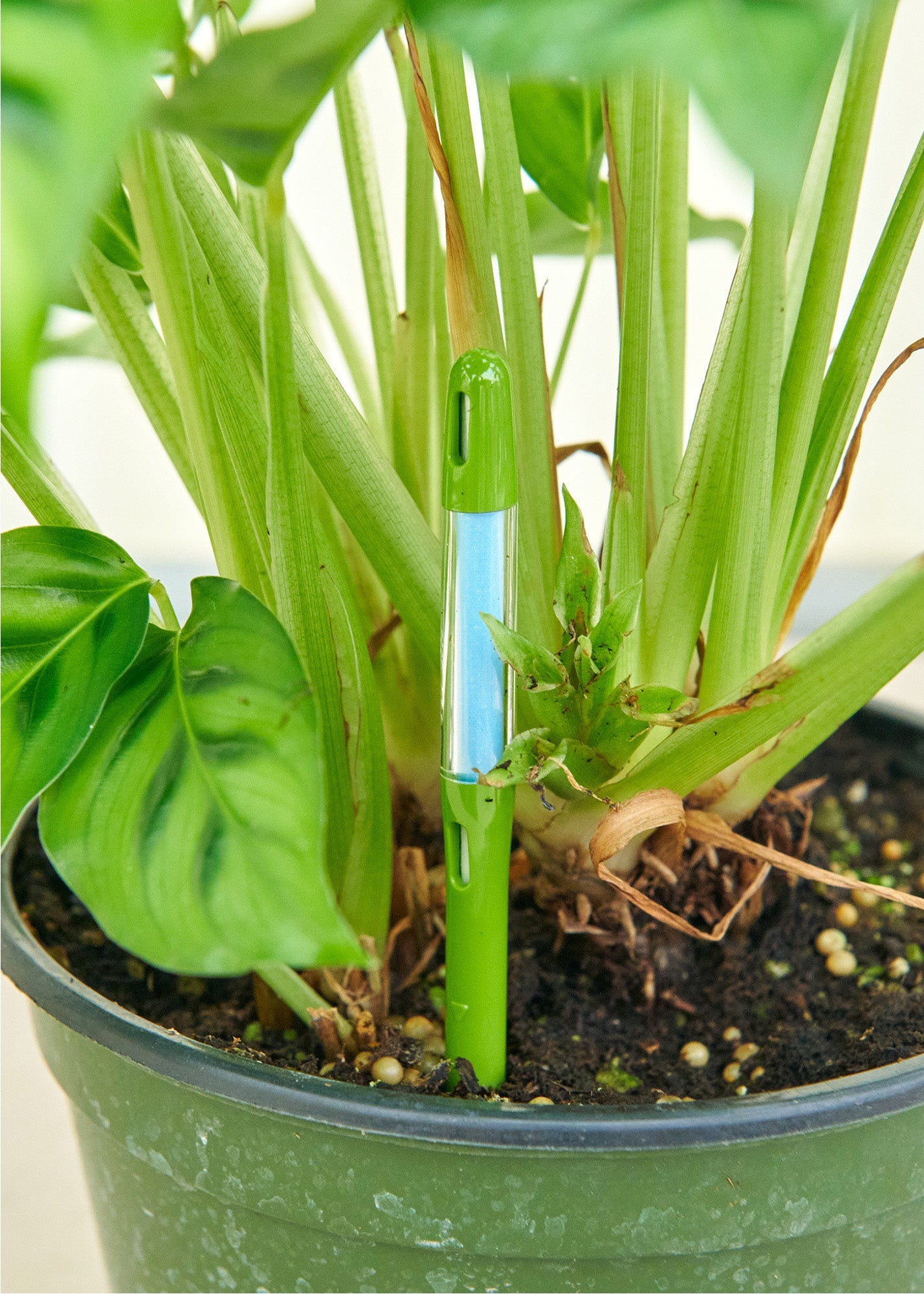Understanding the Various Types of Moisture Meters and Their Applications
Understanding the Various Types of Moisture Meters and Their Applications
Blog Article
The Ultimate Guide to Dampness Meters: A Comprehensive Review and Exactly How They Can Save You Money
Moisture meters serve as essential devices in identifying and keeping track of moisture material in materials, assisting in avoiding expensive damages and making sure the quality of items. Understanding the subtleties of different kinds of dampness meters, their applications, and the potential cost-saving benefits they use can be a game-changer for businesses and experts alike.
Kinds of Moisture Meters
Various types of wetness meters are readily available for various applications in numerous industries. One common type is the pin-type moisture meter, which measures the electrical resistance between two pins placed right into a product. This type appropriates for wood, drywall, and other building materials. Pinless wetness meters, on the other hand, use electro-magnetic sensing unit plates to scan a larger location without creating damages to the product's surface. Moisture Meter. These meters are optimal for swiftly analyzing dampness degrees in huge locations such as walls and floors.

In addition, there are additionally specialized moisture meters made for specific materials like grain, dirt, or hay. These meters provide accurate wetness analyses customized to the special residential properties of the product being tested. Infrared dampness meters gauge the thermal homes of a material to establish its moisture web content non-invasively, making them valuable for applications where pin or pinless meters might not be suitable. Recognizing the different sorts of moisture meters readily available can aid markets pick the most ideal tool for their certain moisture measurement demands.

Advantages of Using Wetness Meters
Moisture meters provide invaluable advantages in precisely assessing and keeping an eye on wetness degrees in varied products and environments (Moisture Meter). One of the main advantages of making use of moisture meters is the prevention of possible damages caused by excess dampness. By discovering and resolving high moisture levels beforehand, moisture meters aid to stop mold and mildew growth, rot, and structural damage in structures, saving both time and cash on repair services. Additionally, moisture meters aid in making certain the top quality of materials during building or production procedures. By properly gauging moisture content, these devices assist preserve the stability of wood, drywall, concrete, and other products, reducing the threat of failings or flaws.
In addition, using dampness meters can lead to enhanced energy effectiveness. In farming setups, moisture meters play a critical function in optimizing plant yields by allowing farmers to monitor dirt moisture degrees and make educated irrigation decisions.
Exactly How to Choose the Right Wetness Meter
Selecting the proper moisture meter entails taking into consideration essential factors such as product compatibility, measurement array, and calibration precision. When choosing a wetness meter, it's necessary to make sure that the meter appropriates for the specific product you will certainly be testing. Different products have varying electric buildings that can impact wetness analyses, so choosing a meter made for your product is important for exact outcomes. Additionally, think about the measurement variety of the wetness meter. Make certain that the meter can discover wetness levels within the range required for your applications. Calibration precision is another vital element to remember. Choose a moisture meter with trusted calibration to make sure regular and precise analyses. Some meters may need periodic calibration useful site modifications, so understanding the calibration procedure is essential. By thoroughly assessing these aspects, you can select a moisture meter that fulfills your needs and gives precise moisture measurements for your projects.
Appropriate Techniques for Dampness Meter Use

Expense Cost Savings Via Dampness Meter Applications
Just how can the strategic utilization of wetness meters bring about substantial price financial savings throughout different markets? Dampness meters play a vital role in price savings by avoiding potential damage and making certain top quality control in different sectors. In the agriculture industry, moisture meters aid in establishing the ideal time for harvesting crops, stopping over-drying or excess moisture that can impact the last item's top quality. This exact monitoring aids farmers stay clear of unnecessary losses and maximize their yield.
Similarly, in building, moisture meters help protect against pricey damages by detecting wetness levels in structure materials, such as timber or concrete, which can result in structural issues otherwise dealt with promptly. address By determining trouble areas early, specialists can take corrective procedures to avoid considerable repair services or replacements, eventually conserving money and time.
Furthermore, in the food processing market, dampness meters are essential for keeping track of item top quality and making certain compliance with safety policies. By precisely gauging dampness content in foodstuff, producers can stop wasting, keep quality, and lower waste, causing substantial cost savings. Overall, the strategic application of moisture meters is an important investment that can result in substantial cost reductions and improved efficiency throughout numerous sectors.
Final Thought
In verdict, dampness meters are useful devices for determining and detecting dampness degrees in different products. By using the best moisture meter and following proper strategies, customers can properly prevent costly damages triggered by excess wetness.
Wetness meters serve as essential devices in detecting and keeping track of moisture material in products, assisting in avoiding expensive problems and making sure the quality of products. Infrared dampness meters determine the thermal buildings of a material to determine its wetness web content non-invasively, making them beneficial for applications where pin or pinless meters may not be ideal.Dampness meters supply indispensable advantages in properly examining and keeping an eye on moisture degrees in diverse products and settings. In farming settings, moisture meters play an important function in enhancing plant returns by making it possible for farmers to check dirt dampness degrees and make educated watering choices.In verdict, dampness meters are beneficial devices for have a peek here spotting and determining wetness levels in various materials.
Report this page